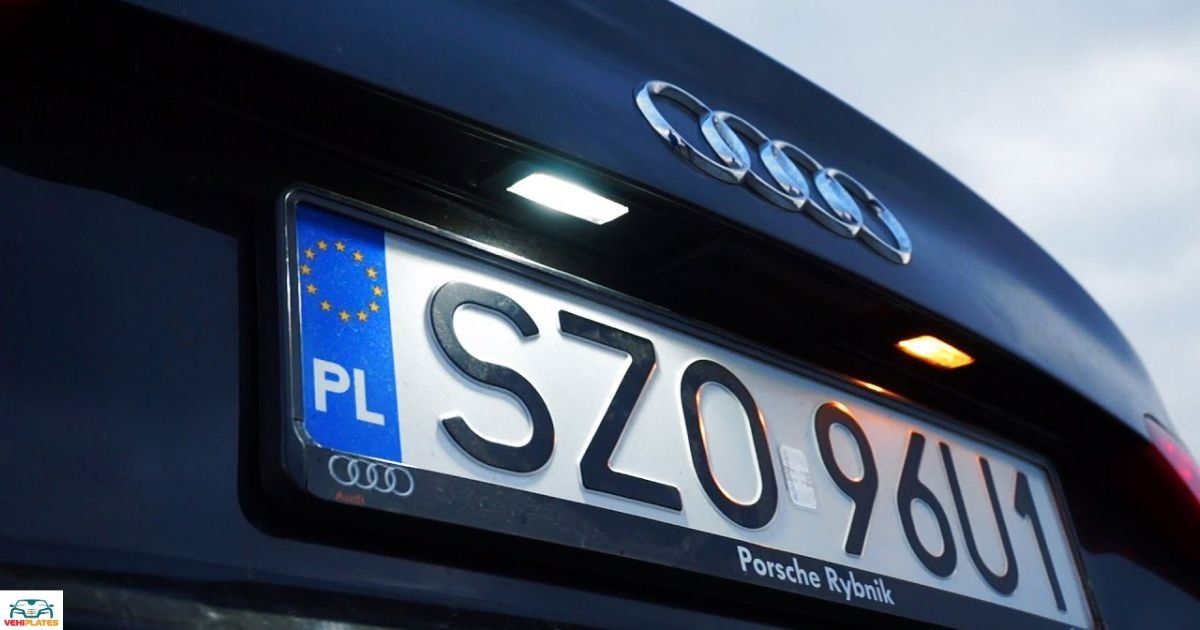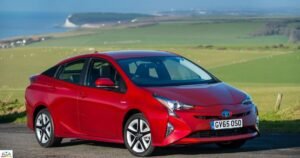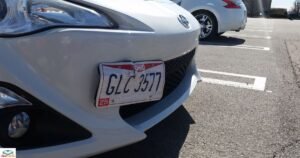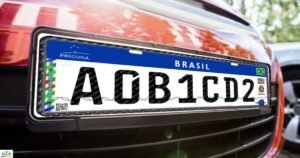When it comes to selecting the right bulb for your license plate, it might seem like a trivial decision. However, the license plate bulb plays a crucial role in ensuring your vehicle remains legal and visible, especially during nighttime driving.
With various options available in the market, it’s essential to understand the different types of bulbs, their specifications, and factors to consider before making a choice.
Types of License Plate Bulbs
There are primarily three types of bulbs commonly used for license plates:
Incandescent Bulbs
- Traditional incandescent bulbs have been a standard choice for license plate illumination for many years.
- They produce light by heating a filament wire until it glows, emitting a warm and familiar light.
Halogen Bulbs
- Halogen bulbs are an improved version of incandescent bulbs, offering higher efficiency and longer lifespan.
- They contain a halogen gas that enhances the efficiency of the filament, resulting in brighter light output.
LED Bulbs
- LED (Light Emitting Diode) bulbs have gained popularity due to their energy efficiency, longevity, and compact size.
- They produce light by passing an electric current through a semiconductor material, emitting bright and crisp illumination.
Comparison Table of Bulb Types
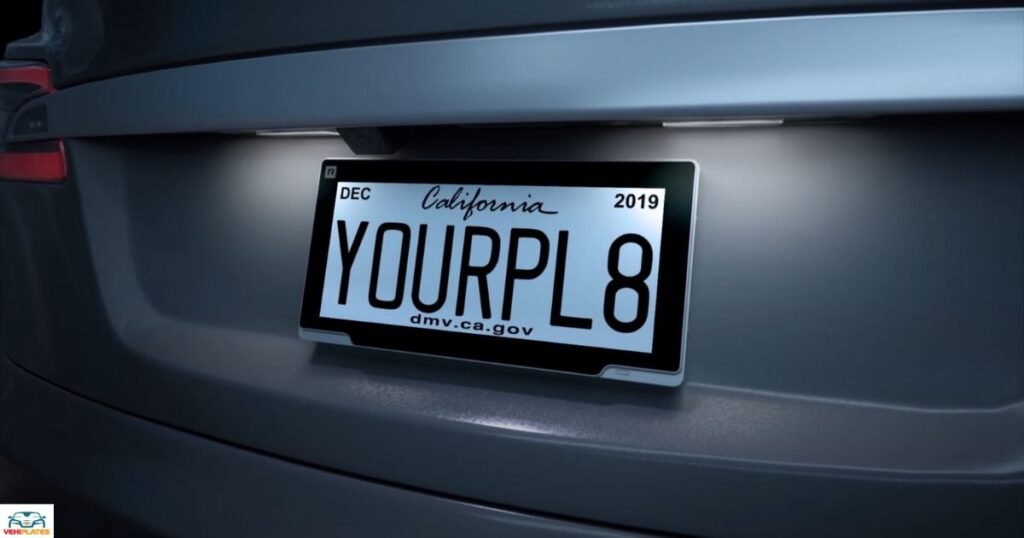
| Bulb Type | Advantages | Disadvantages |
| Incandescent | – Inexpensive | – Shorter lifespan |
| – Widely available | – Higher power consumption | |
| – Warm light output | ||
| Halogen | – Brighter than incandescent bulbs | – Higher cost |
| – Longer lifespan than traditional bulbs | – Generates more heat than LED bulbs | |
| – Available in various wattages | ||
| LED | – Energy-efficient | – Higher initial cost |
| – Long lifespan | – Can interfere with radio signals in some cases | |
| – Low heat emission | – Compatibility issues with some vehicles |
Factors to Consider When Choosing a Bulb

When selecting a bulb for your license plate, consider the following factors:
Brightness: Ensure the bulb provides adequate illumination to keep your license plate visible at all times, especially during nighttime.
Compatibility: Check the compatibility of the bulb with your vehicle’s make and model to avoid any installation issues. Also, ensure you know how to turn on License Plate lights before proceeding with the installation.
Energy Efficiency: Opt for energy-efficient bulbs like LEDs to reduce power consumption and extend battery life.
Longevity: Choose bulbs with a long lifespan to minimize the frequency of replacements and maintenance.
Legal Compliance: Ensure the selected bulb meets the legal requirements for license plate illumination in your region to avoid penalties.
Ease of Installation: Select bulbs that are easy to install, preferably plug-and-play options that don’t require any modifications to your vehicle’s wiring.
FAQ’s
What are the different types of bulbs suitable for license plates?
Incandescent, halogen, and LED bulbs are commonly used for license plate illumination.
Which type of bulb is the most energy-efficient option?
LED bulbs are the most energy-efficient choice for license plate illumination.
Are LED bulbs more expensive than traditional options?
Yes, LED bulbs typically have a higher initial cost compared to incandescent and halogen bulbs.
Do LED bulbs last longer than other types of bulbs?
Yes, LED bulbs have a longer lifespan compared to incandescent and halogen bulbs.
Are there any legal requirements for license plate illumination?
Yes, it’s important to ensure that the selected bulb meets the legal requirements for license plate illumination in your region.
Conclusion
Choosing the right bulb for your license plate might seem like a minor decision, but it’s crucial for maintaining safety and legal compliance while driving.
Consider the various types of bulbs available, their advantages and disadvantages, and factors such as brightness, compatibility, and energy efficiency before making a choice.
By selecting the appropriate bulb, you can ensure your license plate remains visible and your vehicle stays compliant with regulations, enhancing safety for yourself and other road users.
